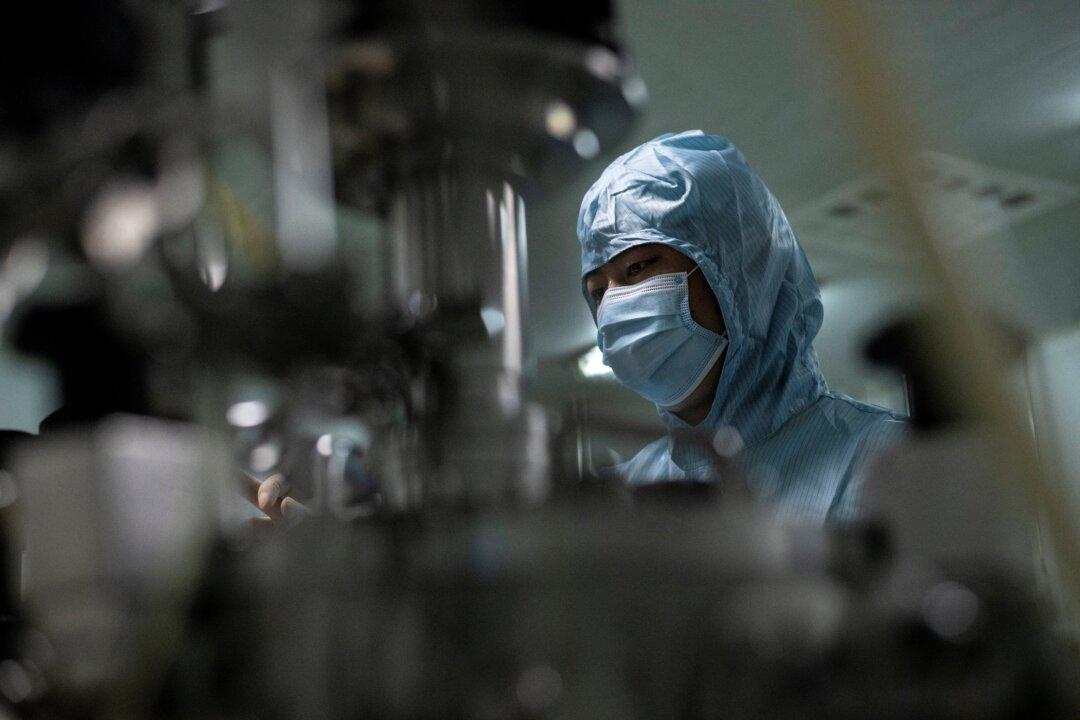More than 500 U.S. federally funded scientists have been flagged over suspected financial ties with China and other foreign adversaries, the National Institutes of Health says.
As of this month, the federal health agency has reached out to 90 institutions that receive government grants, regarding 200 researchers. It also has removed 100 from the “NIH ecosystem” through resignation, termination, premature retirements, or internal debarments, according to Michael Lauer, deputy director for extramural research at the NIH.





